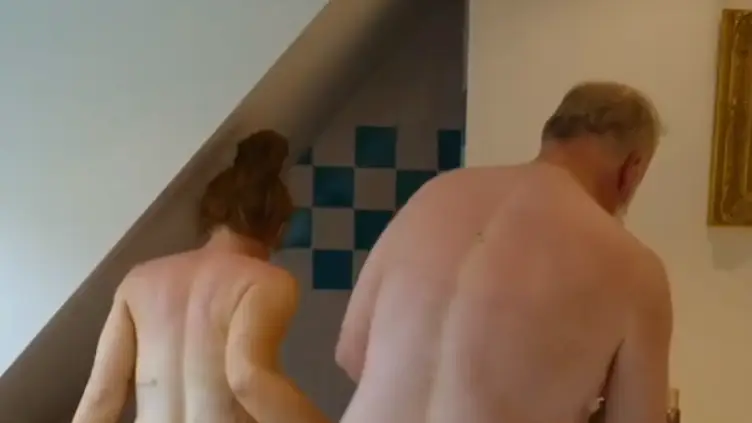


Shipka played Don Draper's daughter in Mad Men and spoke about how audiences have known her 'since she was 6'
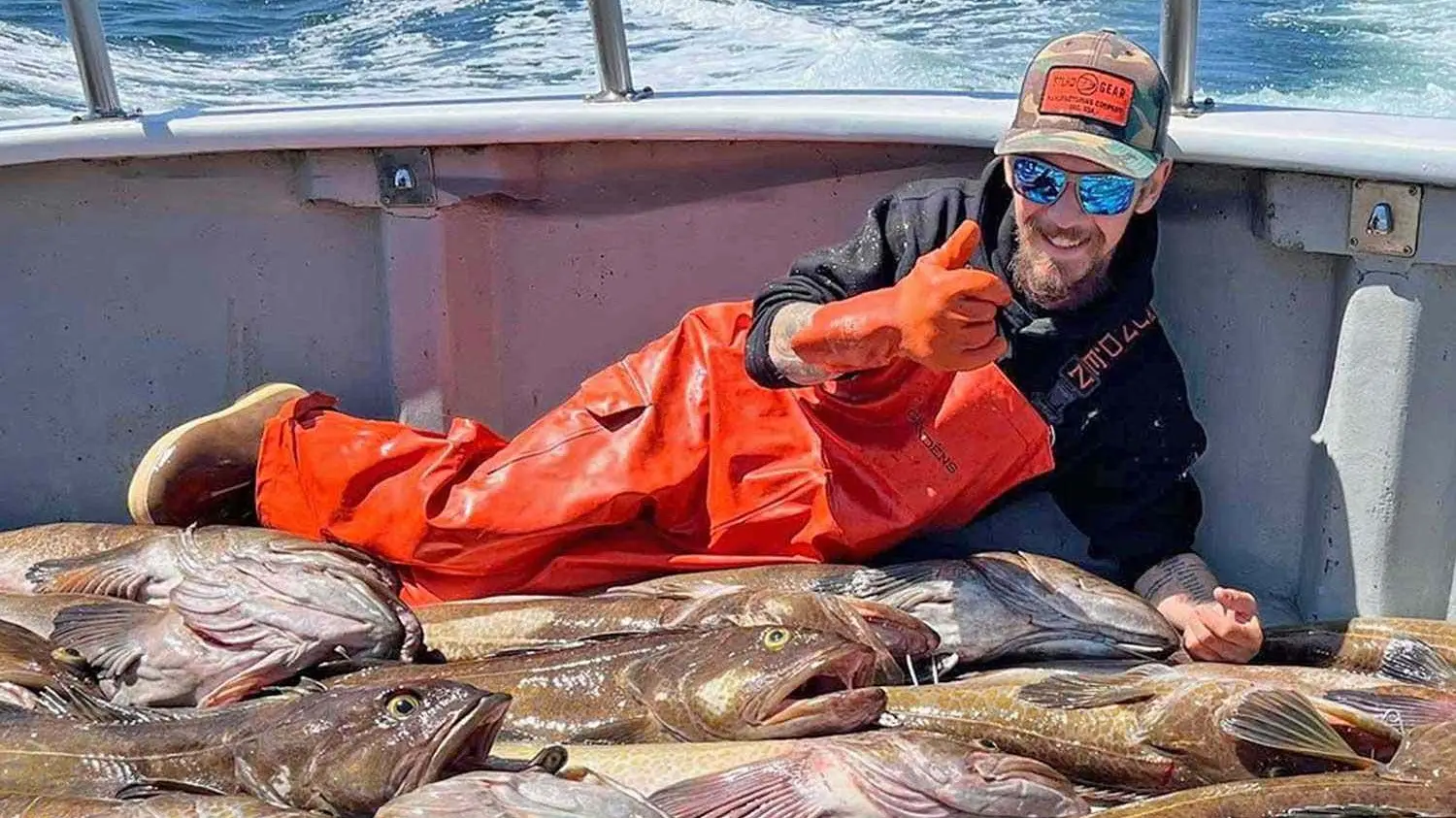
Angela Meadows has spoken out following the death of her son

She said getting out of prison was one of the main reasons
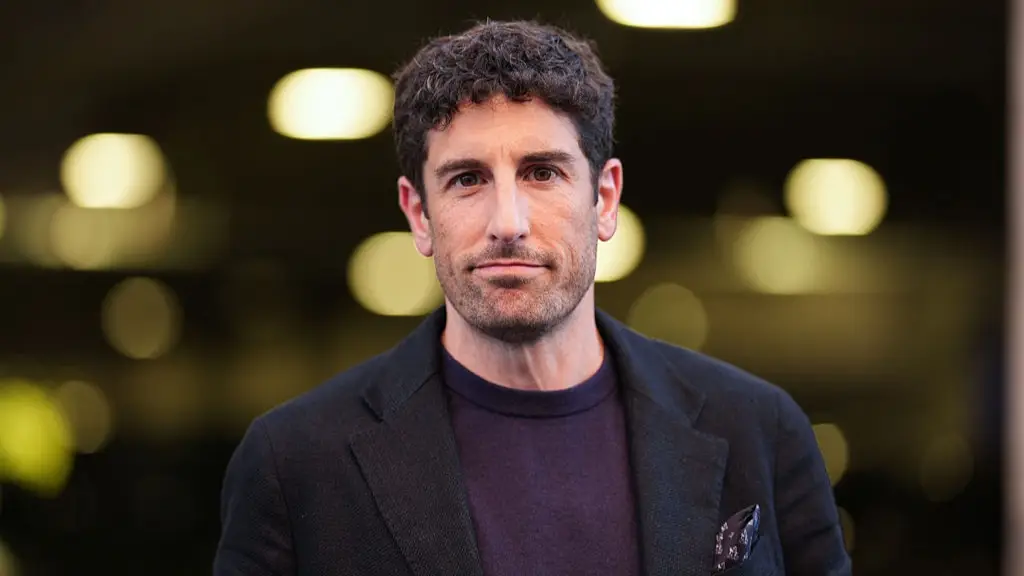
The last film, American Reunion, was released way back in 2012

Megan Fox returned to Instagram with a NSFW photo dump on Tuesday (3 May)

Jameela Jamil admitted on Anna Wolfe’s 'How to Get Wet When You’re Dry' podcast that she doesn't have a particular 'type'
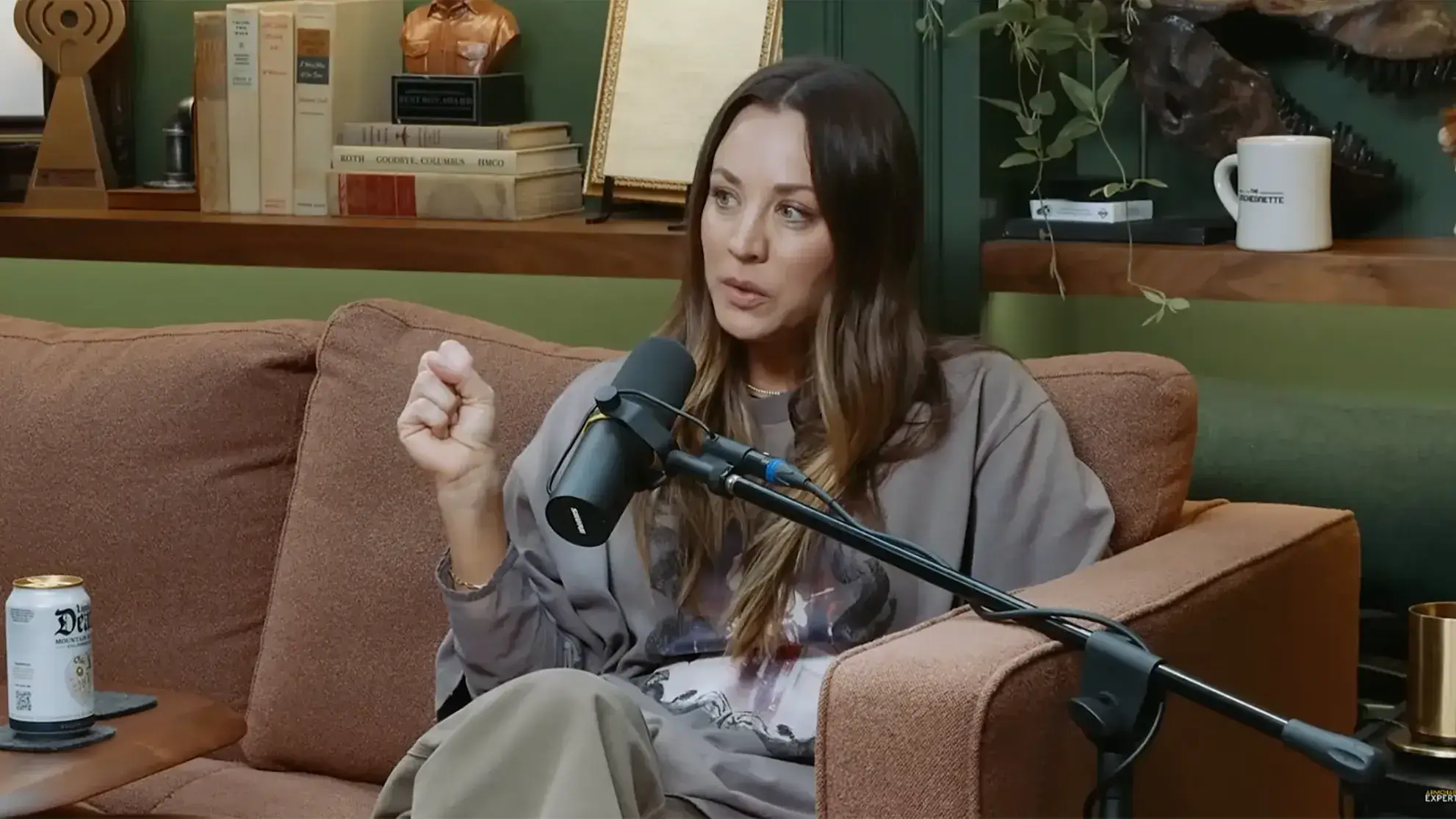
Not all of her co-stars were charmed by her presence
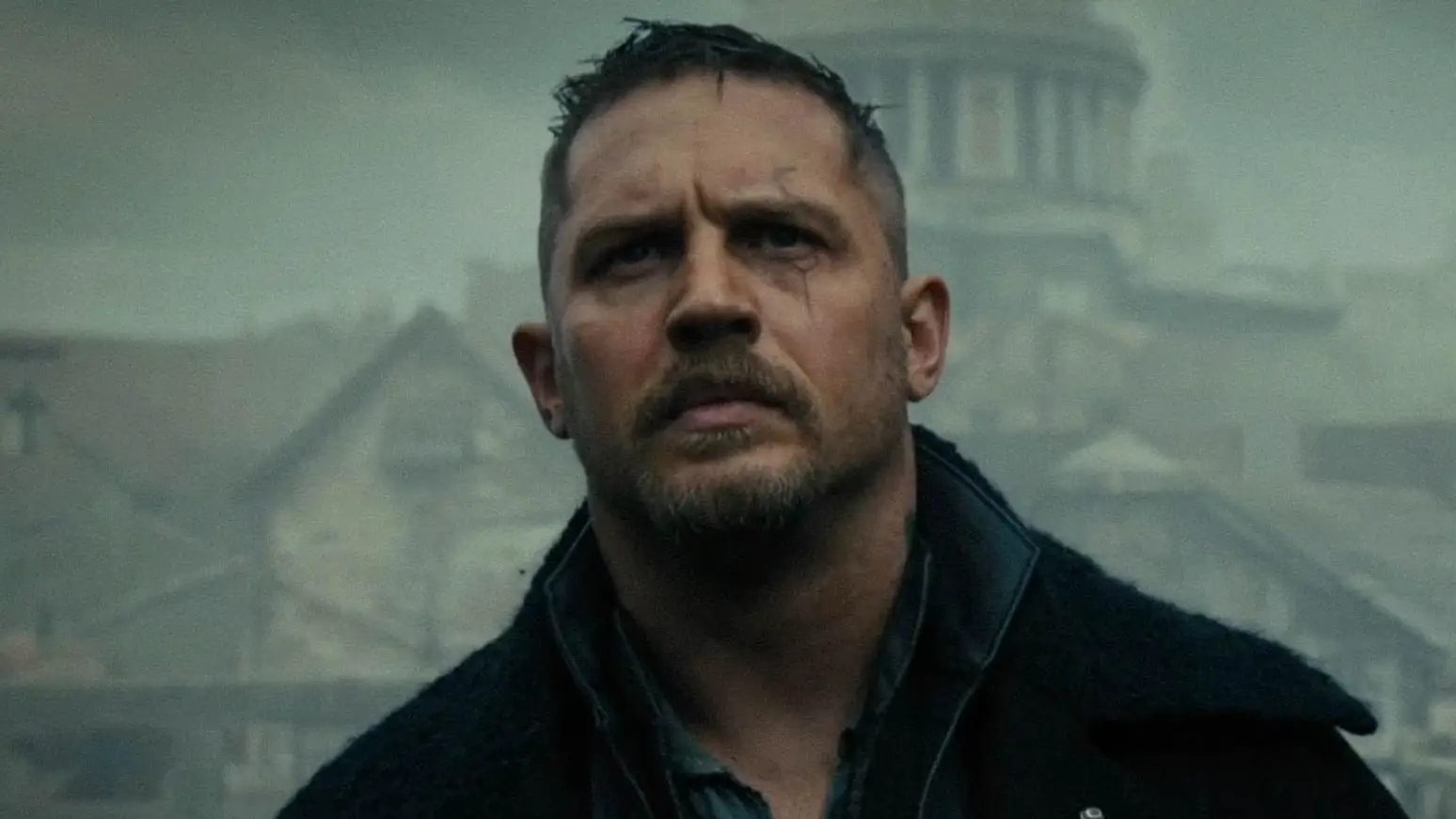
The Peaky Blinders creator is bringing back one of his cult classic shows
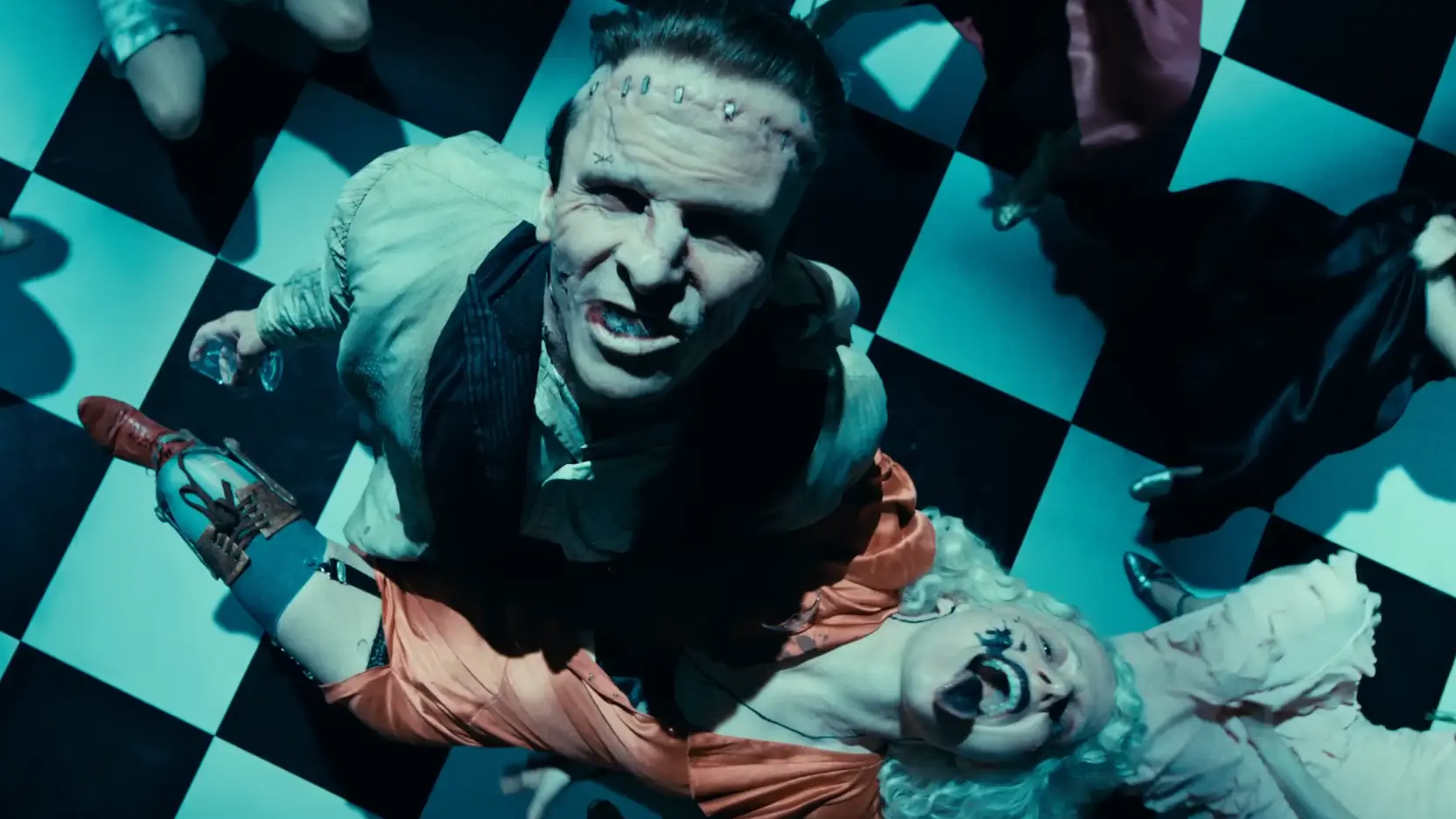
The Bride! has an all star cast including Jessie Buckley, Christian Bale, and Jake Gyllenhaal

The Camp Rock star bonded with Keke Palmer over their experiences as child stars

The eldest Beckham received public birthday messages from his parents this morning
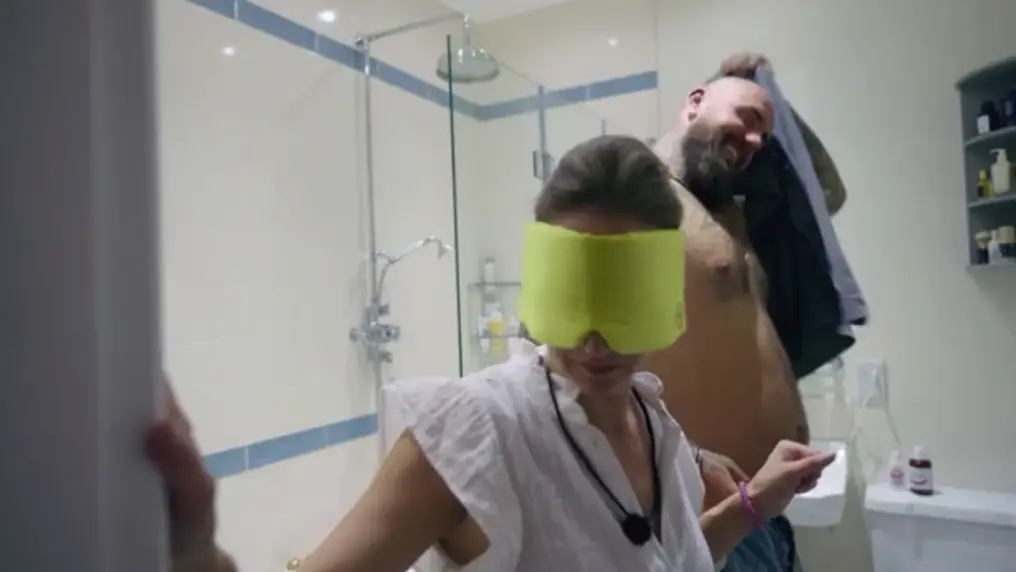
Prudish Charlie struggled as she was forced to remain handcuffed to adult star Rob as part of a Channel 4 show
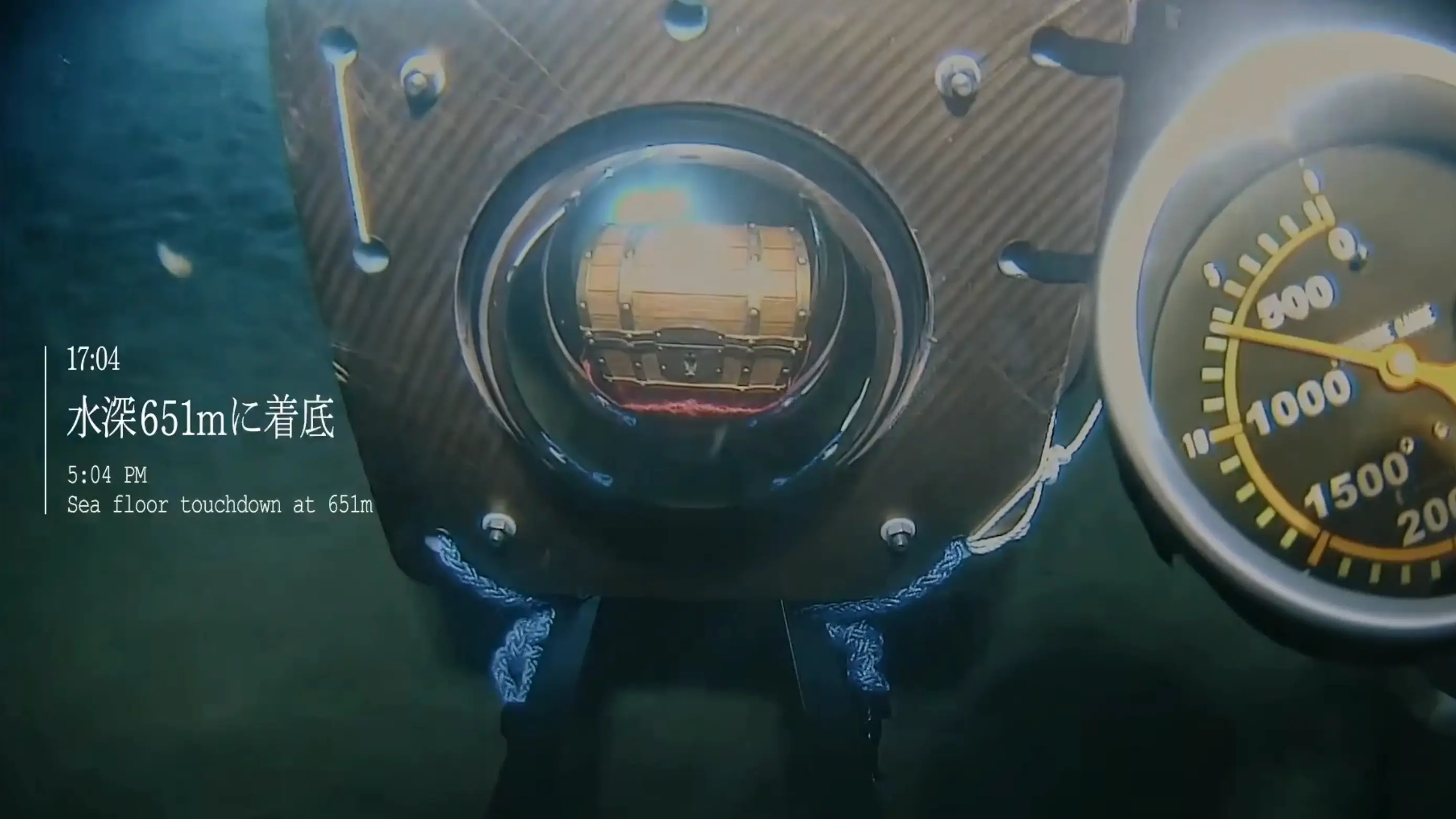
This marked the first time the show's secret has ever even been written down on a piece of paper

Crewhand Todd Meadows died during filming of the newest season, but was not the first to die during filming of the show

The 39-year-old doesn't leave much to the imagination in her latest Instagram post

The eldest of the Beckham kids celebrates his 27th birthday today
breaking
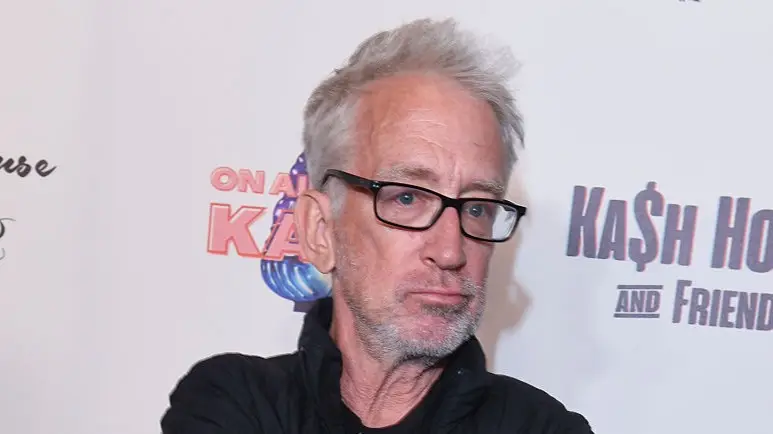
The actor and comedian suffered an overdose in December 2025
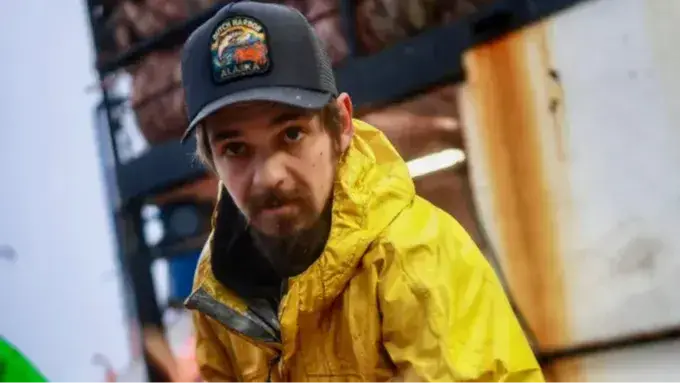
Captain Rick Shelford shared a heartbreaking tribute to the 25-year-old

She's really put the work in for her weight loss
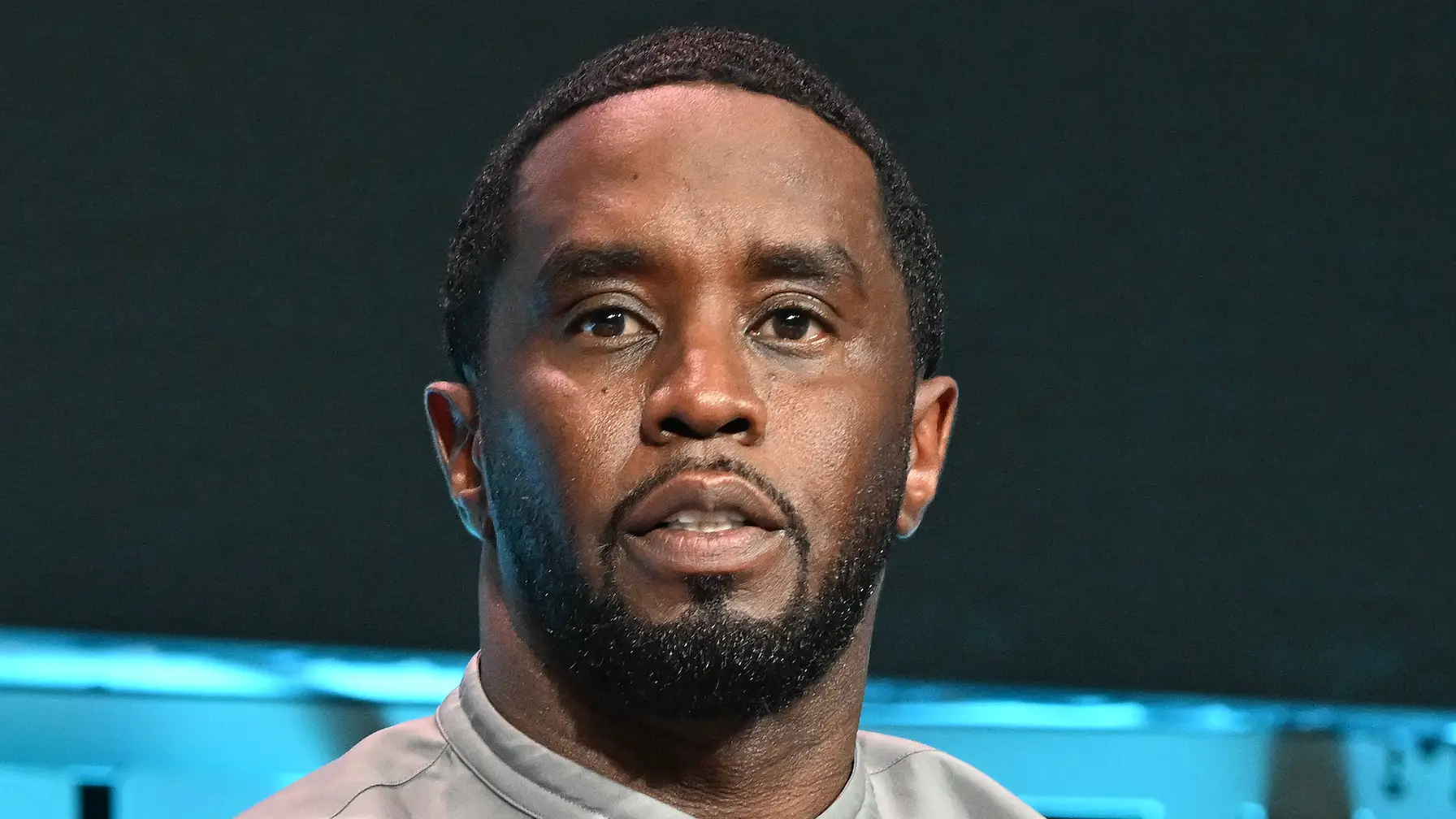
Sean 'Diddy' Combs is serving a 50-month sentence at New Jersey's FCI Fort Dix
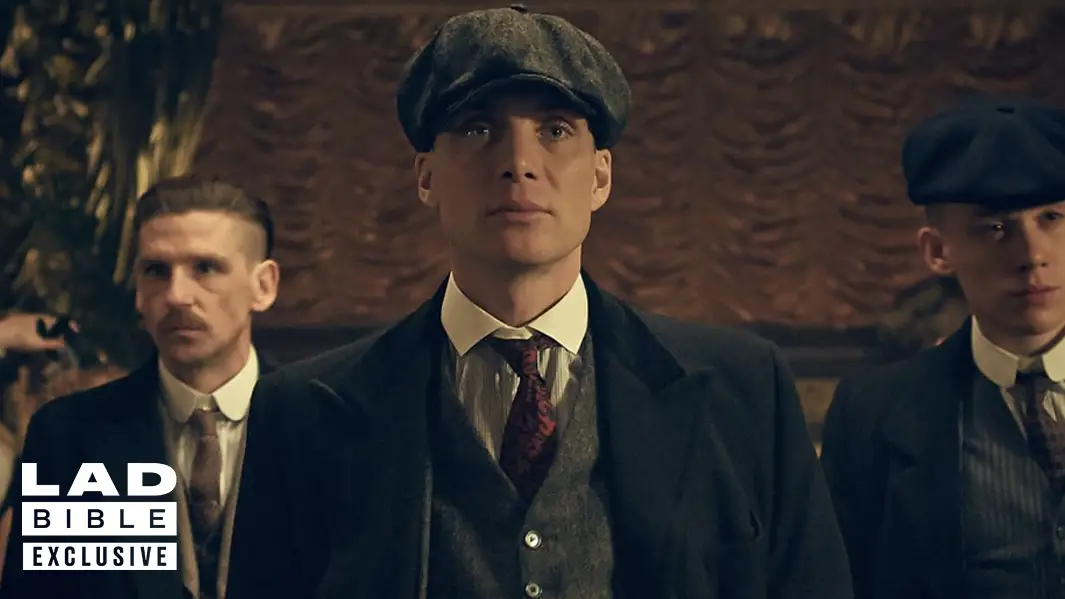
Carl Chinn is the great-grandson of a Peaky Blinder, as well as having spent 40 years researching social history surrounding the gangs
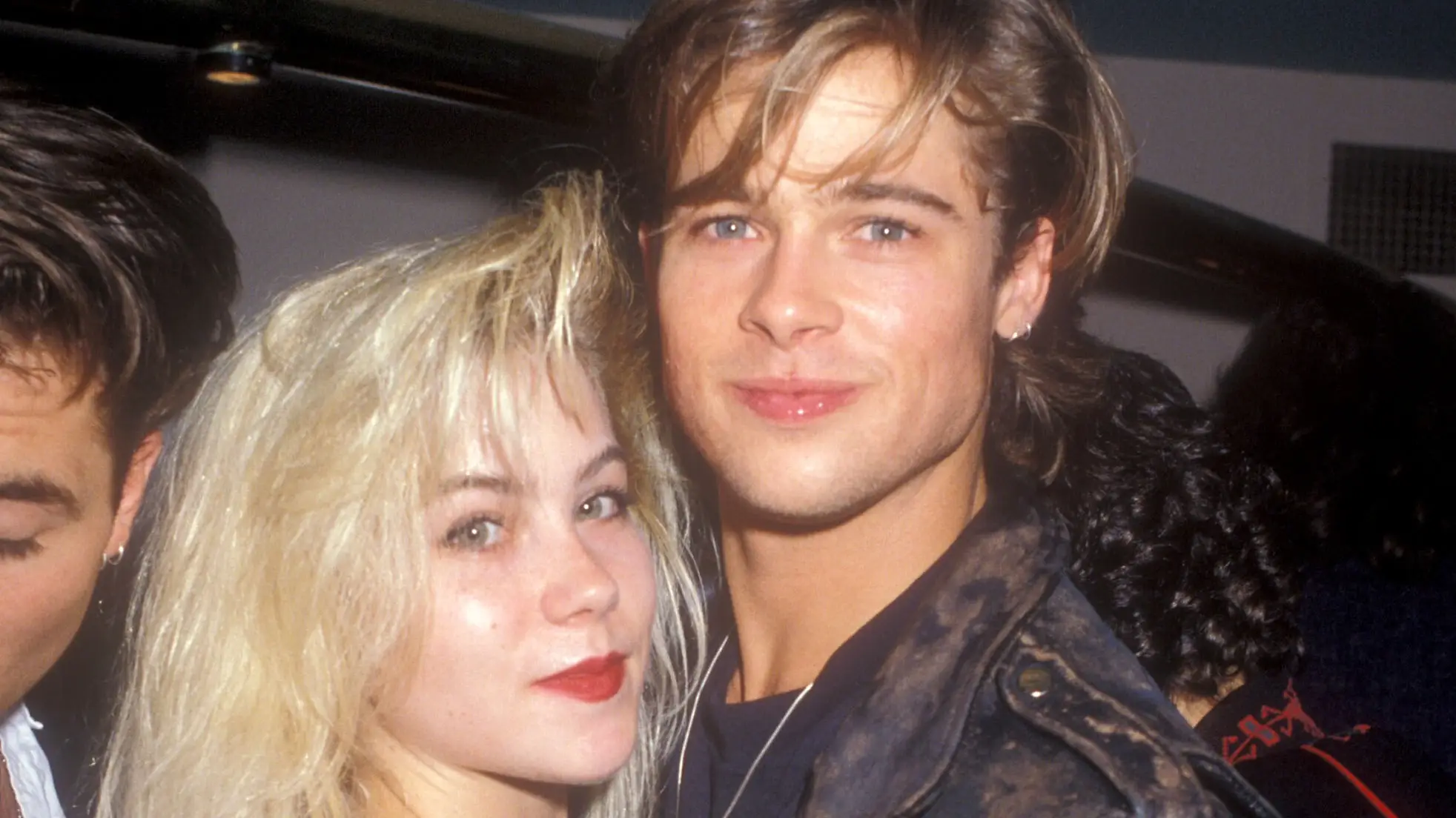
Christina Applegate has opened up about her earlier years in her new memoir 'You with the Sad Eyes'
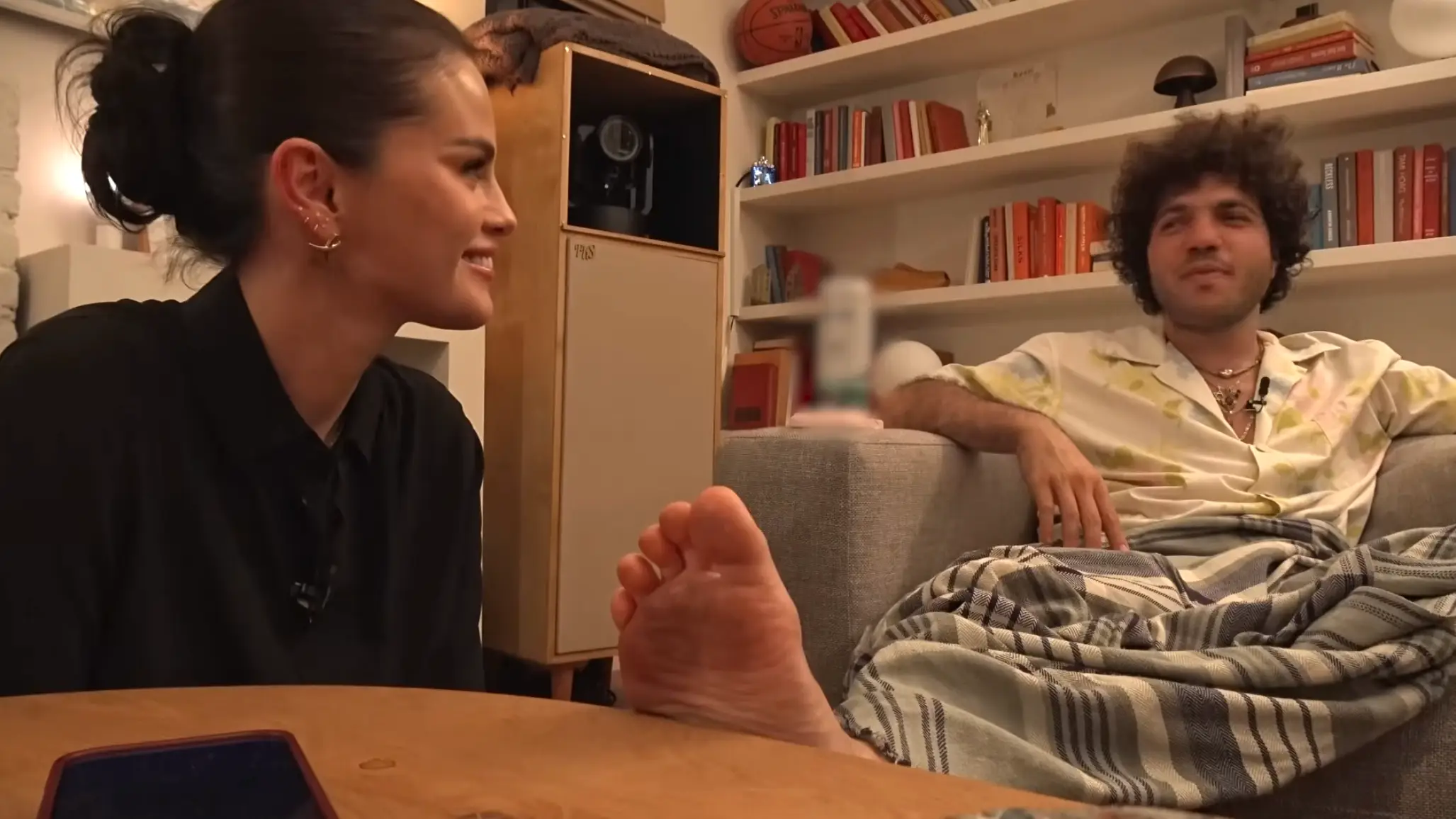
We are in the second week of controversy around Benny Blanco's feet, somehow




